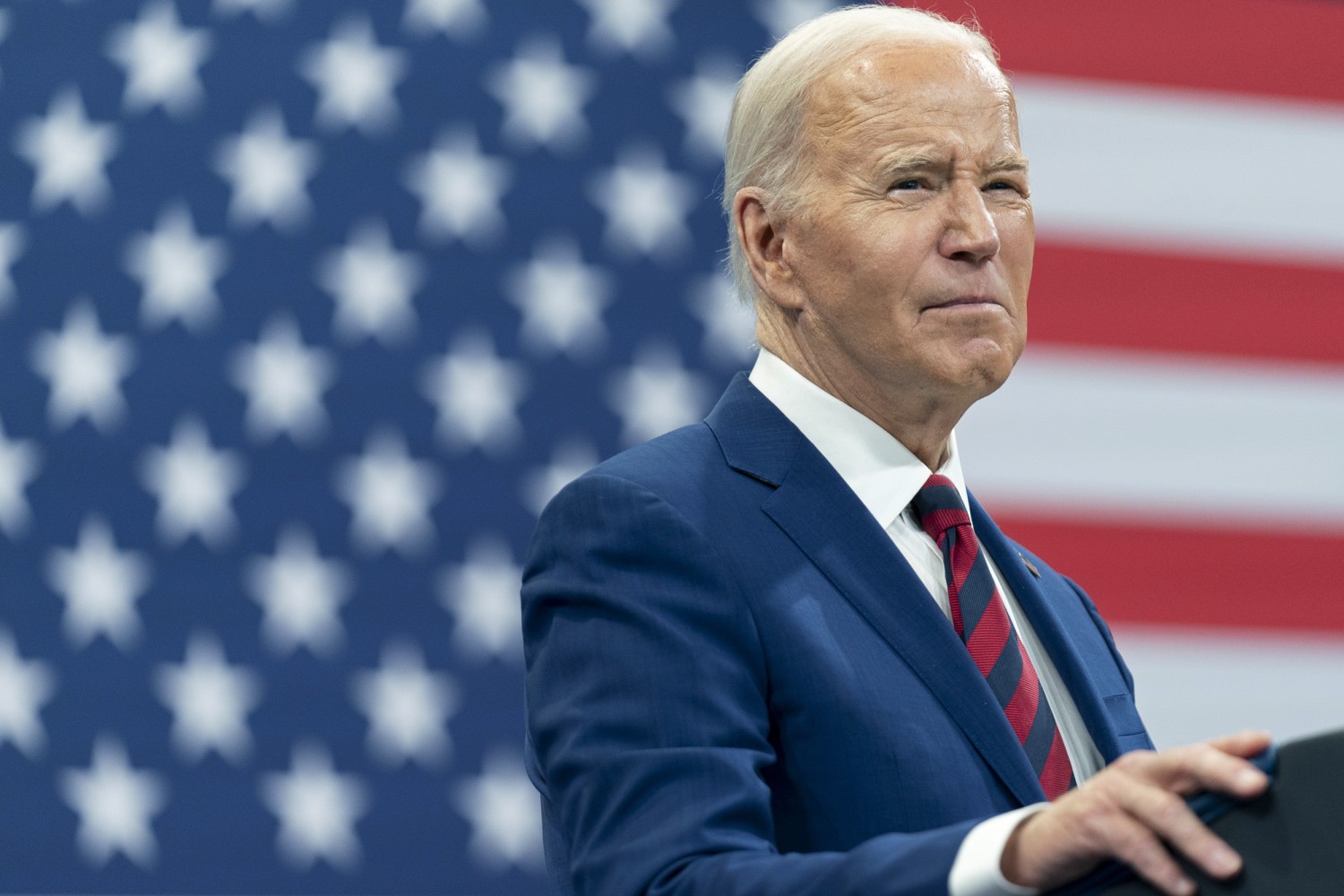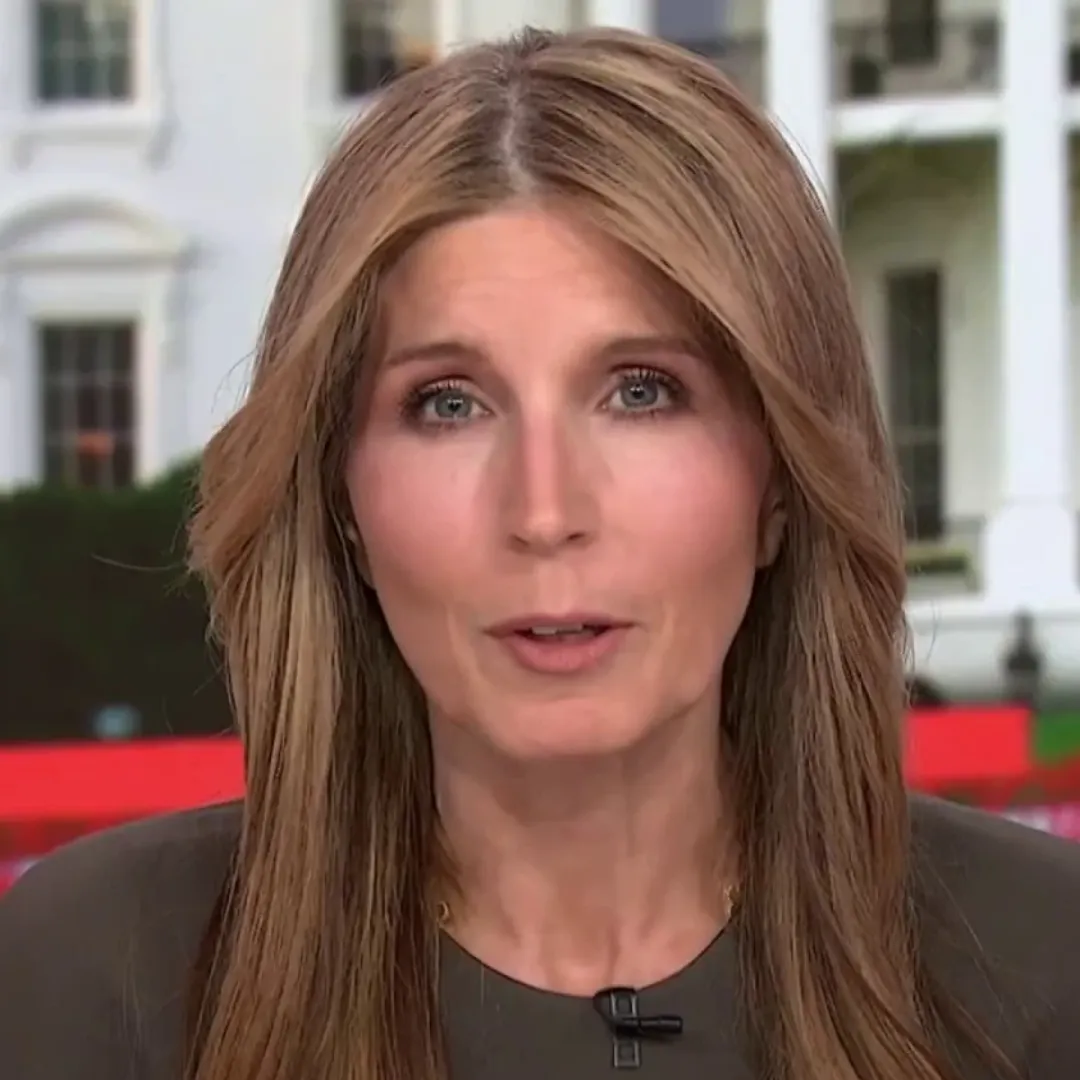
Representative Ro Khanna of California has become the most prominent Democratic lawmaker to openly admit that the party made a grave error in supporting former President Joe Biden for reelection in 2024, stating bluntly this week that it is now “obvious” Biden was not mentally fit to serve another term.
Citing new reporting by CNN’s Jake Tapper and Axios’s Alex Thompson, Khanna called on Democrats to take responsibility for what he described as a major misjudgment — one that has already cost the party the presidency and control of both chambers of Congress, and which may haunt its credibility for years to come.
Khanna, who was previously a vocal surrogate for the Biden campaign and made numerous media appearances defending the president’s mental acuity, issued his remarks in a social media post on Wednesday.
In it, he acknowledged that while his own personal interactions with Biden had not raised serious alarms, the reporting now paints a different picture that cannot be ignored.
“In my limited public interactions with the President, he appeared coherent,” Khanna wrote on X.
“It is obvious now to me, based on @jaketapper and others reporting, that he was not in a condition to run for reelection, and he should have made the decision not to. We must be honest with people about our party’s mistake.”
The California Democrat’s statement is a striking break from the wall of silence that has largely defined top Democrats’ public posture regarding Biden’s fitness during the final year of his presidency.

For months leading into the 2024 election, as Biden appeared increasingly frail in public events and questions about his ability to perform the duties of the office mounted, senior members of the party circled the wagons.
They dismissed concerns, attacked critics, and insisted the president was sharp and in control — all while insiders privately expressed doubts about his ability to carry a grueling campaign into November.
Khanna’s moment of reckoning came as he faced renewed scrutiny over his own past defenses of Biden.
In an interview on Fox News’s The Story with Martha MacCallum, the host played a montage of Khanna insisting, during the early months of 2024, that Biden was mentally competent and fully capable of leading the country.
After the clip ended, MacCallum asked him directly: “Were you telling the truth back then?”
“I was,” Khanna replied. “I had met him a few times at public events, and he was [coherent], but of course, I didn’t have the full picture. I met him maybe two times on rope lines and at public events.”
He then added, “There obviously should have been a competitive primary. For our party to move on and move forward, we must take accountability and be straightforward with the American people.”
Khanna’s comments come at a moment when the Democratic Party is still reeling from its losses in the 2024 election and facing a deep internal reckoning about how it allowed such a flawed campaign to move forward without challenge.

President Biden’s decision to stay in the race until mere months before Election Day, and then suddenly drop out after a disastrous debate performance against Donald Trump, threw the party into chaos and left little time for Vice President Kamala Harris to mount a credible replacement campaign.
The result was a landslide loss, with Trump winning back the White House and the GOP reclaiming control of both the House and Senate.
In the wake of that defeat, Tapper and Thompson’s forthcoming book Original Sin: President Biden’s Decline, Its Cover-Up, and His Disastrous Choice to Run Again has begun peeling back the layers of what actually happened inside the White House.
Early excerpts suggest that key Cabinet members were increasingly sidelined and that only a tight circle of loyal aides and family members had regular access to Biden during the final stretch of his presidency.
Those insiders, the book alleges, worked to conceal signs of Biden’s cognitive decline and prevent outside scrutiny, creating an inner sanctum that protected the president but left the rest of the government — and the public — in the dark.
In his remarks, Khanna declined to assign direct blame to those closest to Biden, instead framing the episode as a collective failure of leadership and transparency. “I don’t blame his inner circle,” he said.
“They may have believed they were acting in his best interest. But the responsibility lies with all of us to ensure our party puts forward the strongest possible candidate.”
The White House, or what remains of its institutional operation, has pushed back against the allegations in the book. A spokesperson for Biden told CNN that the reporting has yet to produce any evidence showing that Biden’s condition interfered with critical decisions or national security.

“We continue to await anything that shows where Joe Biden had to make a presidential decision or where national security was threatened or where he was unable to do his job. In fact, the evidence points to the opposite — he was a very effective president,” the spokesperson said.
But the effectiveness of Biden’s presidency is no longer the focus for many Democrats. The central issue now is trust. Voters were told again and again that Biden was fine, that the public concern about his age was media hype or Republican disinformation.
Many rank-and-file Democrats now feel betrayed — not just by Biden himself, but by the entire leadership structure that allowed him to run virtually unopposed and portrayed any doubts as treachery.
Khanna’s acknowledgment of this disillusionment may open the door for others to come forward. Already, some progressive figures are echoing his call for reform and demanding that the party rethink how it selects presidential nominees.
The party’s decision to avoid a competitive primary in 2024 now looks less like a strategic choice and more like a fatal error. The party is not only reckoning with defeat at the ballot box — it is also facing a credibility crisis with its own base.
The implications for 2028 are already being felt. Kamala Harris, despite being elevated to lead the ticket in Biden’s absence, failed to energize the electorate and is unlikely to emerge as the frontrunner for the next cycle.
Other figures, such as Gavin Newsom, Pete Buttigieg, JB Pritzker, Tim Walz, and even Alexandria Ocasio-Cortez, are making moves and weighing their paths.
But whoever runs next will do so in the shadow of 2024, and with the full knowledge that the Democratic Party’s leaders badly miscalculated not just a campaign — but a presidency.

Whether Ro Khanna’s statement signals the start of a broader reckoning remains to be seen. But his willingness to confront the truth about Biden’s condition — and to admit his own part in defending what turned out to be indefensible — may be the beginning of a painful, but necessary, process of accountability.
For now, Khanna’s words stand as both an apology and a warning: when loyalty replaces judgment, and when image is valued over honesty, the consequences are not just political — they are historic.



